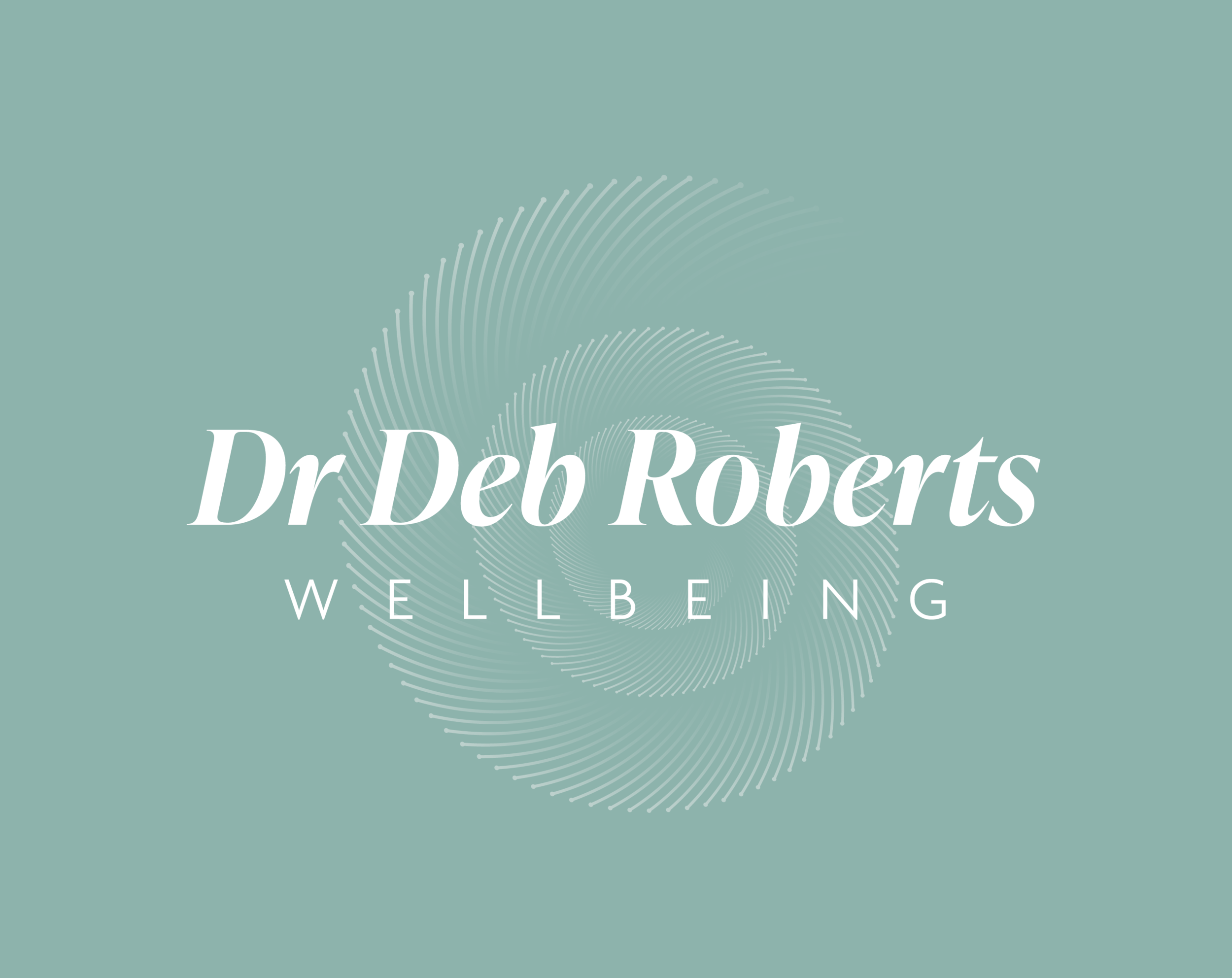Anxiety - my addiction
Late last year I went to a rehabilitation clinic in the hinterlands outside of Byron Bay, Australia. Not because I have an alcohol or substance abuse history, but because of an underlying, persistent anxiety and depression.
There are not many western medicine clinical residential options for treating underlying anxiety and depression other than the traditional hospital system. I’d tried that avenue and while it had provided a temporary refuge, it provided no lasting affect and no cure.
So, when I was given the opportunity to spend time at a residential clinical facility that catered for addictions such as substance abuse and treated anxiety and depression as an underlying cause, I took a brave step.
The clinical program was designed with a mix of western and eastern influences and was located in a picturesque natural setting. Both appealed to my love of nature and my devotion to yoga and its eastern philosophies, especially Buddhism.
I remember feeling nervous when I arrived, I was scared I would not be able to connect with others there who were referred to as ‘addicts’. The word addict brought me unease. People don’t want to think of themselves as addicts, it’s not painted in a pretty way.
But on arrival what I found was a dozen or so individuals with very similar fundamental challenges to me even if I didn’t share the ‘addict’ label.
Most residents had some sort of continued childhood trauma that contributed to a sense of a deep emotional void. They had formed a substance abuse habit which alleviated that feeling, even if only for a short time.
All of us shared the feeling that daily life had become grueling with a sense of a dark veil covering the light.
Most residents had co-morbid (the occurrence of more than one medical condition) addictions which included alcohol, drug, eating disorders, PTSD, anxiety and/or depression.
For some, their addiction was advanced and out of control with their personal and professional lives in disruption and ruin.
Together we did individual and communal work. We shared days that were arduous and other days that were decent and some that were remarkable - truly life affirming.
We got through the program and slowly we felt the veil lift, and light began to glow again.
What I was reminded of at the clinic is that all humans share the same needs. We all need love, care and compassion. We all respond to negative experiences with anger, resentment and jealousy. We all have the seeds of addiction as a response to coping with deep suffering. None of us are immune.
Depending on our biological make up and life course these seeds of addiction sprout and grow or lay dormant.
I also considered how some addictive behaviours are more socially acceptable than others. Addiction to eating, shopping, TV or technological devices. Addiction brings the compulsion to repeat a pattern of behavior despite knowing the results of that behavior will not benefit, or even harm, us.
For me anxiety had become an addiction. And one I continue to struggle with. It manifests as a ruminative thought process and state into which I retreat to manage, or mask, my perfectionist tendencies.
However, I’ve also come to understand that my addiction is not a life-sentence. I now believe it is a habit, a pattern created to manage and control a sense of deep pain and suffering.
I also believe that with persistence and dedication we can all change our own negative patterns and behaviors and break addictive cycles. Though it’s not an easy path, it can be done. I have witnessed this.
I believe that as adults we all have the power to make changes and to create an optimal life that truly matters.
Until next time, Deb xo

